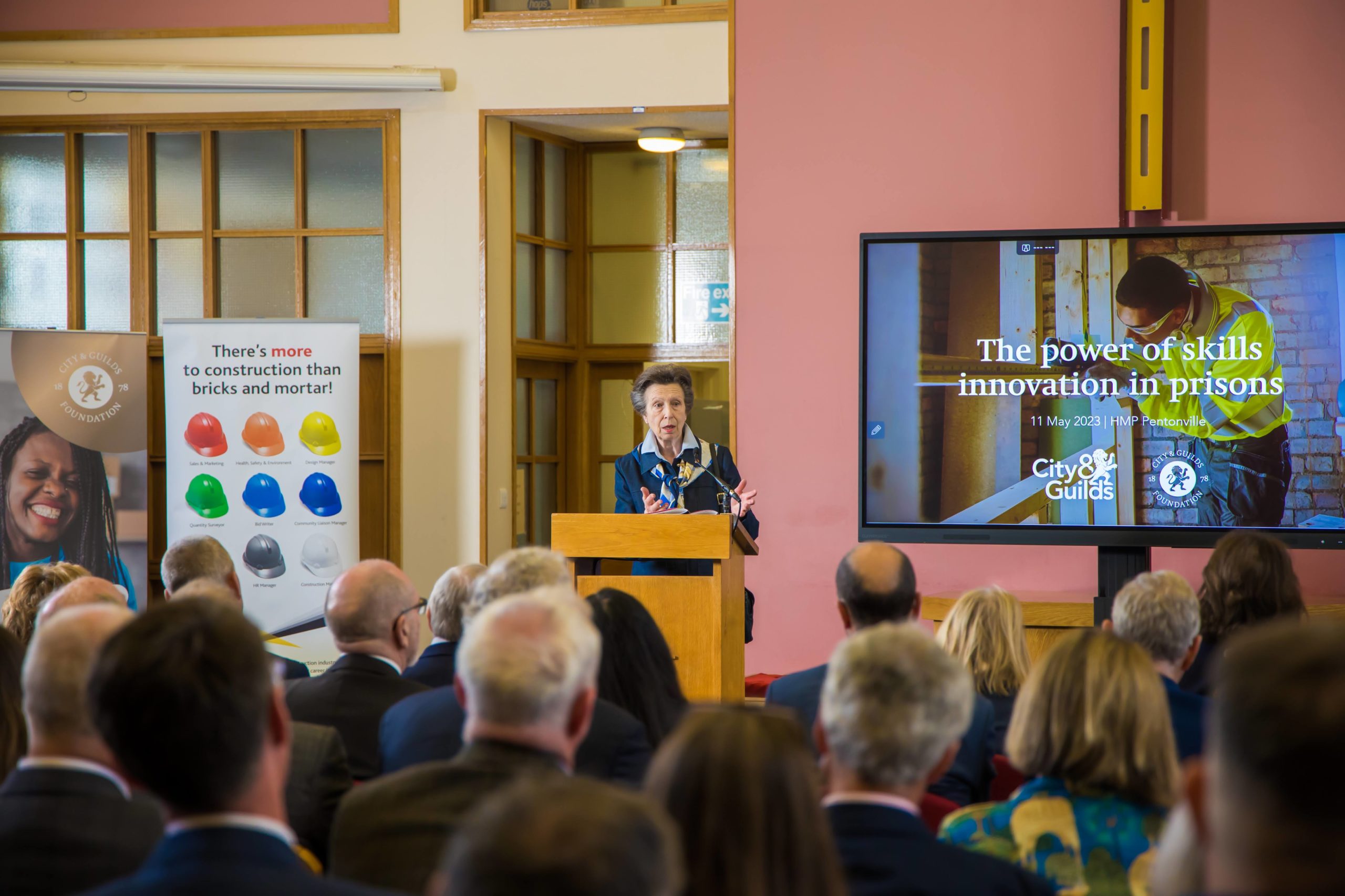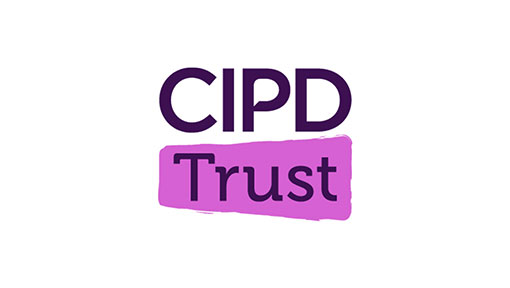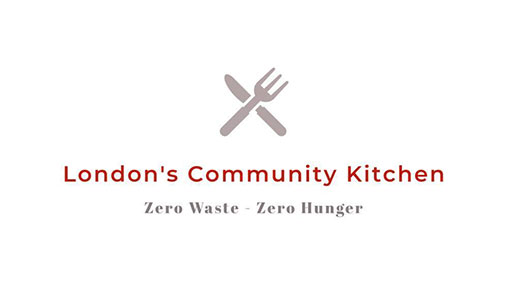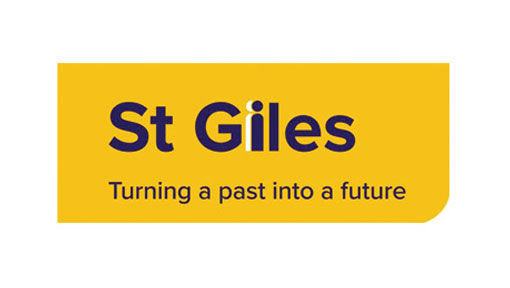Supporting Rehabilitation
The Big
Idea Fund
Supported
Prison
Impact
News
Why this matters
Back in 2020 the Foundation amplified its work in this area through the launch of its Future Skills Commission for Prisons. The Commission was established as a new vehicle for the City & Guilds Foundation to support inspirational organisations who are delivering innovative programmes that support offenders to build the skills and move into employment.
Drawing on the expertise of our Commissioners, each of whom has substantial experience in the prison sector, The Commission aims to identify and activate practical solutions that will have a measurable impact on reducing reoffending, through working in partnership with charities that deliver practical solutions.
The Big Idea Fund
Focus of the Big Idea Fund
The City & Guilds Foundation’s £1m Big Idea Fund has funded programmes which can evidence:
- Innovative new ways to enable offenders to progress into meaningful, stable employment through the development of their skills
- That the skills agenda in prisons is forward facing and that offenders develop the skills necessary for the future jobs market
- New approaches and showcases effectiveness
What we were looking for
The Commission was seeking ideas that focuses on skills that are:
- Innovative: supporting the development of innovation, which can be usually stifled by the nature of how some contracts are awarded
- Practical: focusing on identifying practical and deliverable solutions
- Collaborative: powering collaboration between multiple stakeholders, operating within the Prison estate or through the gate
- Pan-Prison: identifying approaches that will work across the Prison estate, and through the gate
- Systemic: seeking to challenge the major system challenges faced by HMPPS with large, high conviction investments
Projects we’ve supported
To date, the Foundation has supported eight programmes from its Big Idea Fund. All of the programmes so far are now underway and are demonstrating innovative ways of developing skills both in Prison and through the gate.
Big Idea Fund II
CIPD Trust
Funding was awarded to women’s prison skills project, run by CIPD Trust and based at HMP Styal, Wilmslow, Cheshire. This is a mentoring programme aiming to help 40 women develop the necessary confidence, soft skills, and employability tactics they need to find a job. The mentors are experienced HR professionals who will support the ex-offenders, both before and after, their release from Prison.
Beating Time in partnership with The Recruitment Junction
Funding was awarded for the ‘Inside Job’ initiative that helps find jobs for people while they are serving their sentences. This project will benefit over 400 inmates based at HMP Birmingham and Hewell (Redditch); HMP YOIs, Brinsford (Wolverhampton) and Swinfen Hall (Lichfield) – all in the West Midlands – and HMP Northumberland, in the North-east of England.
London’s Community Kitchen
Funding was awarded to train 120 ex-offenders to achieve a City & Guilds cookery qualification before securing them employment through the charity’s network of employers, on release. The programme is implemented through partnerships with prisons, agencies, and organisations that require hospitality workers including London Hilton Group, City of London Corporation and Royal Parks Sites.
St Giles
Funding was awarded programme to empower the next generation of youth workers at HMP Drake Hall. This project, located near the town of Eccleshall in Staffordshire, will empower women aged 18-25 to achieve their Level 3 award in Youth Practice. It will also facilitate release on temporary licence (ROTL) placements.
XO Bikes
Funding was awarded to ‘Lifecycle’ bike workshop project run by XO Bikes and charity, Chance for Change, reskilling 54 male ex-offenders with practical bike mechanic skills, to help them get a job, on release. Upon release, trainees will be encouraged to join the XO Bikes training programme to hone their skills, develop confidence and self-esteem, and meet potential employers.
Big Idea Fund I

Bounce Back
Funding was awarded to test the pioneering and innovative use of virtual reality headsets in the Prison Estate, and the community. The programme was created in partnership with construction company, Keltbray, who have helped co-create virtual reality training modules introducing learners to construction, traffic marshalling and signalling.
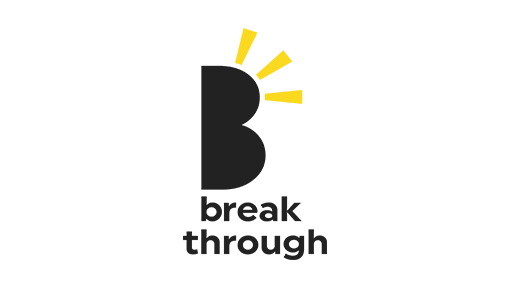
Breakthrough
Funding was awarded to run two cohorts of Breakthrough’s pre-apprenticeship programme. The programme supports individuals who are seeking office based / technology roles. Breakthrough supports individuals with thorough employability support to help transition individuals from the programme to further employment, education or training.

Groundwork
Funding was awarded to Groundwork for its Green Start programme which is supporting individuals in HMP Forest Bank to develop construction and land based skills including carbon literacy, green skills and employability training. Groundwork is working with employers and programme participants, to support them finding secure and stable employment and training opportunities on release.

HMP Highpoint
Funding was awarded to HMP Highpoint to install rail track which is allowing learners to gain practical hands-on skills for employment. The innovative use of the skills bootcamp model was the first of its kind in prisons and has been successful in supporting the rehabilitation of offenders, whilst addressing skills shortages in the rail industry.

HMP Hull and Humber
Funding was awarded to both HMP Hull and HMP Humber as capital investment to install two land based and construction simulators. The state of the art simulators were installed to provide learners with skills in machine operation and groundworks. They offer a safe and effective way to gain training hours with a low environmental impact.

No Going Back
Funding has been awarded for three consecutive years to No Going Back, a pan-Livery Company initiative which provides prison leavers with ‘through the gate’ support, training, jobs and accommodation. Our funding saw the introduction of a vital employability skills programme, as well as impact measurement support which is helping the team to gain evidence for its long term future.
Our Commissioners

Ian Bickers
Prison Group Director – London Prisons
Read more
He joined the Prison Service in 2004 and worked at HMP Bullingdon. Ian first worked at HMP Wandsworth as Deputy Governor in 2010 and described his first year as “the toughest I’ve ever had, in any job”.
He returned to Wandsworth as Prison Governor in 2015, and was chosen by the Chief Executive of the National Offender Management Service to become one of four Executive Governors who would pilot governor autonomy under the prison reform programme.

Junior Smart OBE
Founder, SOS Gangs Project
Read more
Junior has won numerous awards for his work including; an Honorary Doctorate in Education, Rare Rising Stars Winner 2017, Yvonne Heard Award in Criminology: Best PG Dissertation, Frost Magazine Writer of the Year, Adult Learners Award Advice, Support and Advocacy Community Charity Champion, The Third Sector Excellence Awards 2011, Hero of South London 2008 South London Press Community Champion
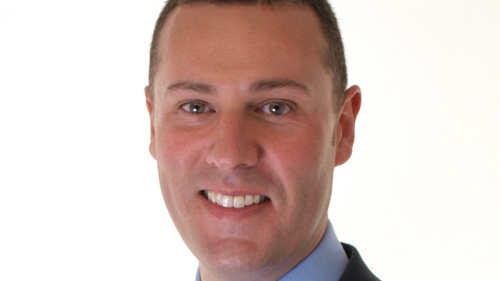
Darren Burns
Head of Timpson Foundation and Director of Inclusion and Diversity for the Timpson Group
Read more
He also has responsibility for overseeing the transition from custody and into the workplace. He is passionate about diversity and inclusion and also provides consultancy services for forward thinking businesses, as well as helping to educate others on the benefit of employing ex-offenders and other marginalised groups.
As a former Police Officer, his experience of working in some of the most challenging parts of the UK enables him to help break the offending cycle and ensure marginalised groups can find employment.
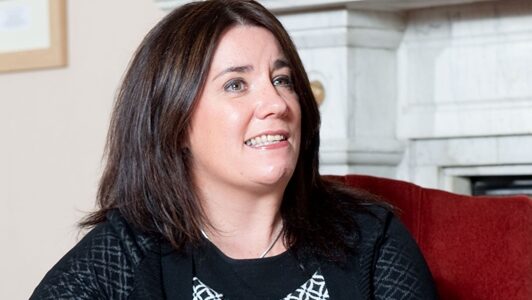
Roisin Currie
Chief Executive Officer, Greggs PLC and Chair of the Employers’ Forum of Reducing Reoffending
Roisin has had 28 years in the Retail Industry, starting her career at Asda on their graduate scheme where she ultimately became the Retail People Director for ASDA WAL-MART.
Read more
Roisin is also the chair of The Employers’ Forum for Reducing Re-offending (EFFRR) is a HMPPS-led initiative whose members are a collective of local and national employers that provide training and employment opportunities for offenders, including Cisco, Timpsons and Marks & Spencer.

Fran Findlater OBE
Executive Head, No Going Back
Read more
This has led to its 10% reoffending rate against a Government average of £50% which in turn, along with longstanding Livery funding relationships. More recently, Fran has moved in to a role as Executive Head of the Livery Company initiative, No Going Back. As well as involvement in other prison projects – Fran is on the Board of Think Through Nutrition and the advisory board for London College of Fashion, she is also keen to drive success within innovative social enterprises including Cockpit Arts and Green Rooms Hotel.
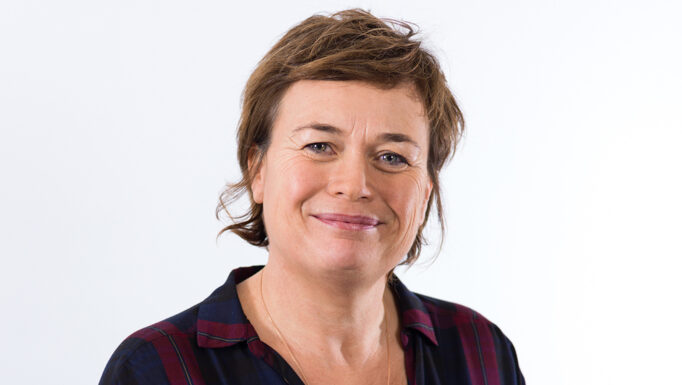
Kirstie Donnelly MBE
Chief Executive Officer, City & Guilds
The City & Guilds Group exists to help people, organisations and economies develop their skills for growth, and sets the standards for corporate learning, on-the-job development and skills recognition.Read more
Prison Impact
We believe that skills development in prisons not only helps address major societal and economic challenges but is our responsibility to deliver as a Royal Charter body powered by charitable purpose
We held and event at HMP Pentonville with our president HRH The Princess Royal, showcasing the transformative role of innovative, quality training in prison. At the event, some of our partners who were previously funded through our Future Skills Commission for Prisons showcased the innovative training they have been delivering. We also premiered a short film ‘Life Beyond Bars’, launched our Prison Impact Report and our Chief Executive, Kirstie Donnelly MBE, hosted a panel discussion which included former prisoners, charity workers, employers and HMP Pentonville Governor, Ian Blakeman.
Find out more about the Power of Skills Innovation in Prisons event
